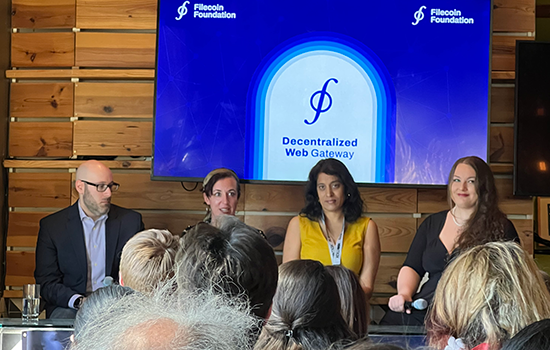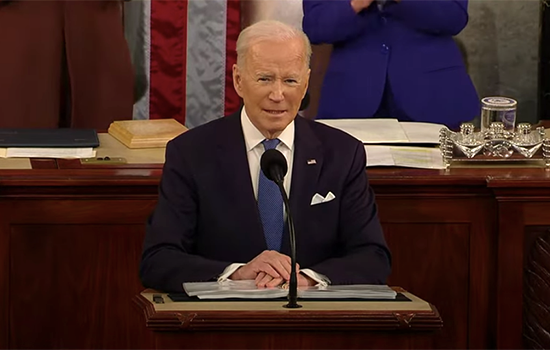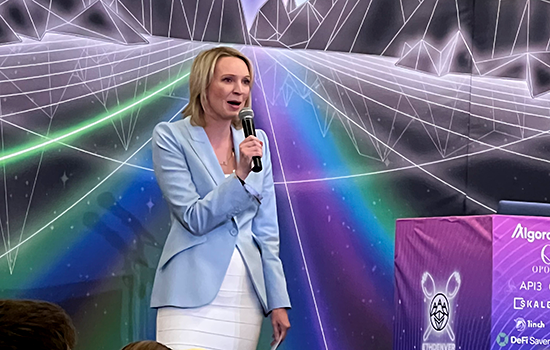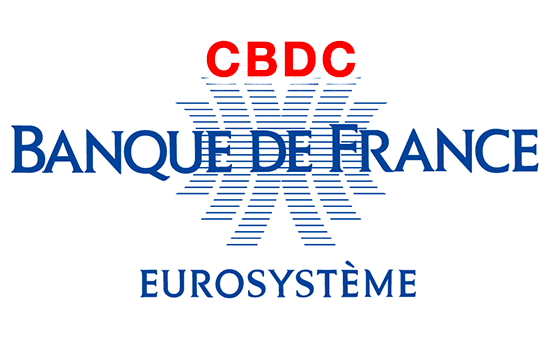What if there was privacy, but there was still identification -of everything?
SafeGraph CEO Auren Hoffman’s new treatise entitled, “It’s Our Moral Obligation to Make Data More Accessible,” sees a world of opportunity ahead if access to data troves can be unleashed to the innovators of today. Read it here.
As Hoffman begins to make his case, the Silicon Valley entrepreneur twists the knife of “morality” into the reader’s gut:
“We have a MORAL OBLIGATION to get this data into the hands of millions of innovators. Not doing so is a true failing of society. This data can save hundreds of millions of lives and help all of humanity … which means not using it hastens the death of hundreds of millions of people.”
No doubt privacy advocates and related special interests will initially convulse at the thought of opening data stores to hoodied entrepreneurs, well-meaning or not. But after being at the front lines of the digital data revolution, Hoffman has put his reputation on the line and seems ready to fight.
It should also be noted that the treatise fits well within his current company’s mission “towards making our vision (to democratize access to data) a reality.”






